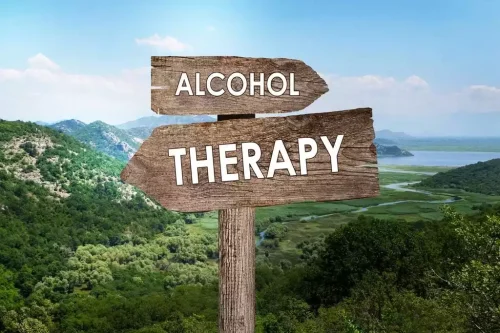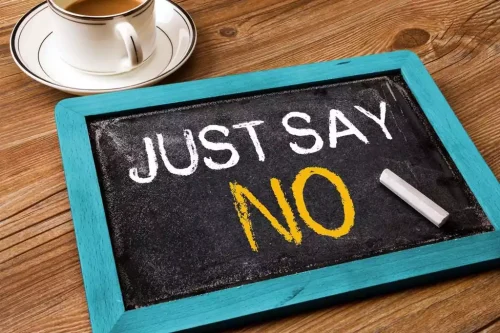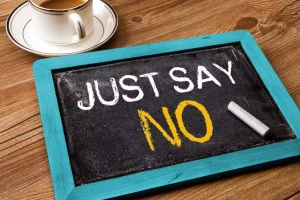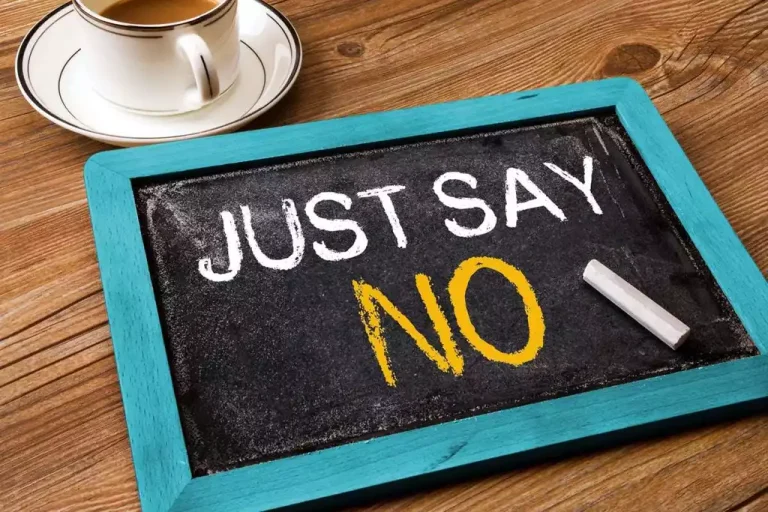Did you know? Supplements and medications can interact in unexpected ways

When paired with alcohol, muscle relaxers can also cause drowsiness and dizziness. Impaired motor control, unusual behavior, and memory problems are also observed. Blood thinners increase the risk of bleeding, which may cause blood loss, minor trauma, brain bleeds, or even death.

Why is combining alcohol and prescription drugs dangerous?
If you suspect someone is experiencing alcohol poisoning, call911immediately. Do NOT be afraid to seek help.If you do not have access to a phone contactWeb Poison Control Servicesfor online assistance. One concern is that medications that are Sobriety metabolized by the CYP2E1 can be affected.
What Happens When You Mix Prescription Drugs and Alcohol?
The mixture of opiates and alcohol, for example, can cause your breathing to stop and is a common cause of death. Diagnosing pill esophagitis involves a thorough medical history review, physical examination, and diagnostic tests. Your healthcare provider will ask about your symptoms and what medications and supplements you’ve taken recently. For example, herbal St. John’s wort supplements, which are often used for mood disorders, can speed up certain processes in your body. This may prevent medications such as birth control pills, antidepressants, blood thinners, and some cancer treatments from working correctly.
- Some over-the-counter medicines that you shouldn’t combine with alcohol include medicines for sleeping, travel sickness, cold and flu, allergy, and pain.
- That’s because alcohol changes levels of serotonin and other brain chemicals (neurotransmitters).
- Whether you are struggling with addiction, mental health or both, our expert team is here to guide you every step of the way.
- An alcoholic may start drinking, and then decide to take other drugs to enhance their high.
Drink With Pills: What happens when you mix Prescription Drugs and alcohol?

Medications prescribed to lower cholesterol levels (known as statins) can cause flushing, itching, stomach bleeding, and liver damage. Combining these drugs with alcohol can make what happens when you take pills with alcohol the risks and side effects worse, especially if you have liver disease. The risks of mixing antipsychotics and alcohol include impaired judgment, dizziness, drowsiness, low blood pressure, the worsening of a psychiatric condition, an increased risk of suicide, and more. Alcohol can interact with certain drugs or exacerbate the medical and mental health conditions you’re being treated for. They can provide personalized guidance based on your specific medications and health status.

But you may not be aware that mixing certain medicines with alcohol can increase the effects and put you at risk. Beyond the examples noted above, alcohol has the potential to interact negatively with many other commonly prescribed medications. The resources below can help alert you and your patients to important potential risks. Anticonvulsants mixed with alcohol tend to enhance the effects on the central nervous system, specifically increasing drowsiness. Other negative side effects may occur from the combination of the drug with alcohol, depending on the anticonvulsant used. People prescribed opioids as a means of pain management may find that continued use can lead to addiction and dependency and can negatively impact the health of the individual.

- Temazepam is prescribed by a healthcare provider for short-term use (about 7–10 days).
- Do NOT be afraid to seek help.If you do not have access to a phone contactWeb Poison Control Servicesfor online assistance.
- We provide links to resources to help you mitigate these risks, including a consensus-developed list of potentially serious alcohol-medication interactions in older adults.
- Ibuprofen, sold as Motrin or Advil, poses little or no harmful effects when combined with alcohol when it is taken as advised by the manufacturer.
A prescription opioid already carries with it a risk of overdose due to respiratory depression. If you do want to drink alcohol while being on medication, discuss it with your doctor or pharmacist first. At its worst, the consequences of mixing alcohol and medicines can be fatal. Combining a medicine that acts on the brain with alcohol may make driving a car or operating heavy machinery difficult and lead to a serious accident. Mixing alcohol with the ADHD medicine ritalin, for example, can increase the drug’s effect on the heart, increasing your heart rate and the risk of a heart attack. Mixing antihistamines and alcohol can cause drowsiness, loss of coordination, headaches, nausea, and vomiting.
- American Addiction Centers (AAC) has top-rate addiction facilities across the U.S. and offers individualized treatment plans for people struggling with polysubstance use.
- Combining alcohol with a mental health medication can make the medication less effective or even more dangerous.
- There are many different types of enzymes with different names, indicated by letters and numbers.

 Amorable by Rimba - Open Bikini - One Size - Zwart / Goud
Amorable by Rimba - Open Bikini - One Size - Zwart / Goud